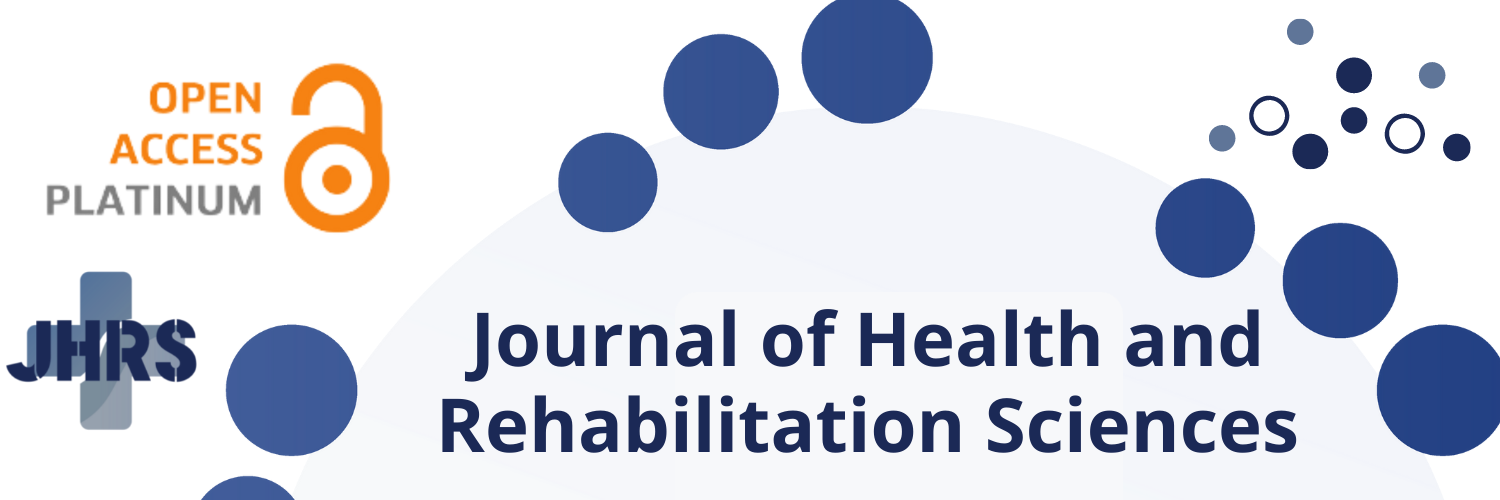Chompalov, Kostadin and Atanassova, Penka and Georgieva, Dobrinka (2025) Clinical Application of the Bulgarian Version of the SCCAN: Pilot Data From Patients with Alzheimer’s Disease and Ischemic Stroke. Journal of Health and Rehabilitation Sciences, 4 (1). pp. 39-47. ISSN 2820-5480
05. (p.39-47)-Chompalov-JHRS-4-1.pdf - Published Version
Available under License Creative Commons Attribution.
Download (531kB)
Abstract
Aim: This study evaluated the clinical utility of the Scales of Cognitive and Communicative Ability for Neurorehabilitation (SCCAN) upon assessing Bulgarian in-patients who present with either ischemic stroke or Alzheimer's disease (AD). The aim was to determine whether this tool could detect cognitive-communicative problems that may be missed by customary screening tools.
Methods: We conducted two independent pilot studies: one with 14 AD patients, and a second with 19 stroke patients and 31 healthy controls. All participants completed the Bulgarian SCCAN, which assesses eight domains including oral expression, orientation, memory, auditory and reading comprehension, writing, attention, and problem-solving. Stroke and control participants also underwent the Mini-Mental State Examination (MMSE). Descriptive statistics were used so group performance and correlations could be examined. Tests that are non-parametric were also used.
Results: SCCAN revealed domain-specific deficits in clinical cohorts. In the AD group, memory and orientation were the most impaired domains. Stroke patients, on the other hand, showed significant impairments, particularly in memory, oral expression, and auditory comprehension, while orientation and attention were relatively preserved. Overall, stroke patients performed significantly better on the SCCAN than the AD group. These findings reveal distinct cognitive–communicative profiles in AD versus stroke populations.
Conclusion: SCCAN's Bulgarian version identified cognitive-communicative deficits with clinical sensitivity in patients with AD as well as with those with ischemic stroke. The tool may guide individualized neurorehabilitation and complement standard screening methods. Additional verification is advised.
| Item Type: | Article |
|---|---|
| Subjects: | R Medicine > RZ Other systems of medicine |
| Depositing User: | Prof. Dr. Vladimir Trajkovski |
| Date Deposited: | 19 Aug 2025 19:20 |
| Last Modified: | 19 Aug 2025 19:20 |
| URI: | https://jhrs.eprints.almamater.si/id/eprint/58 |

